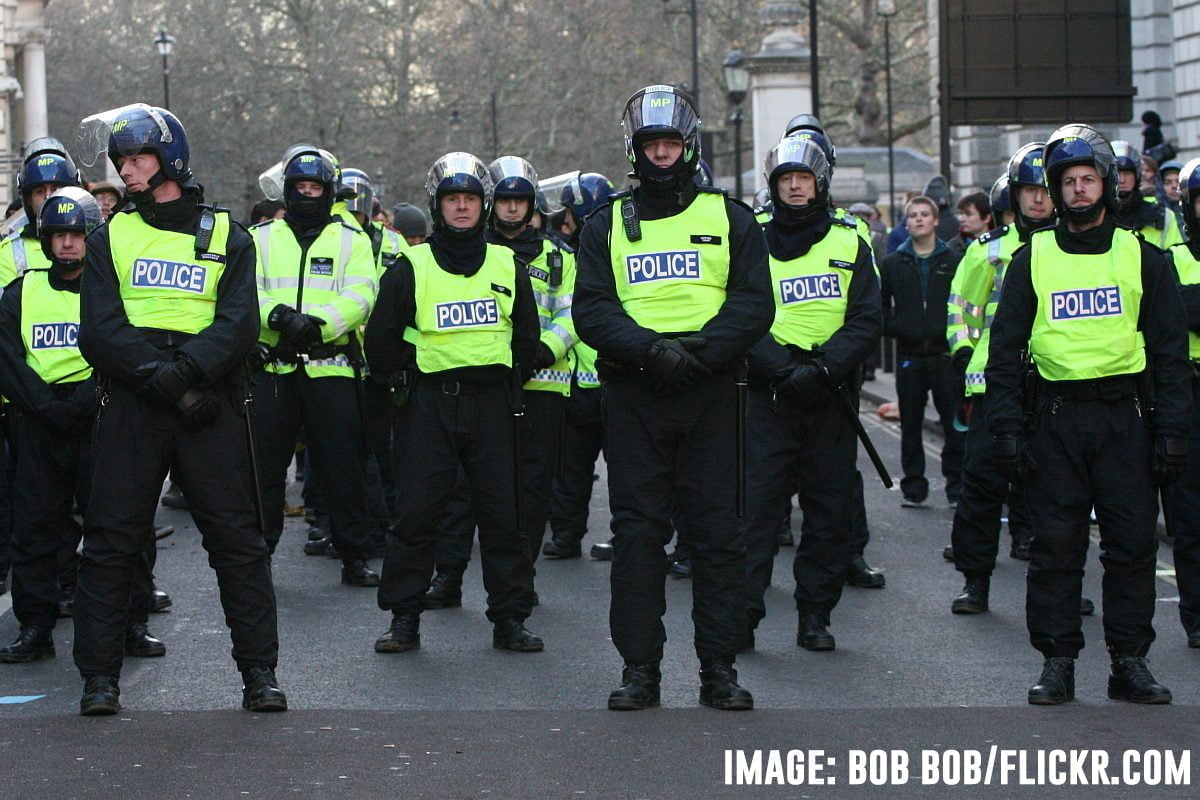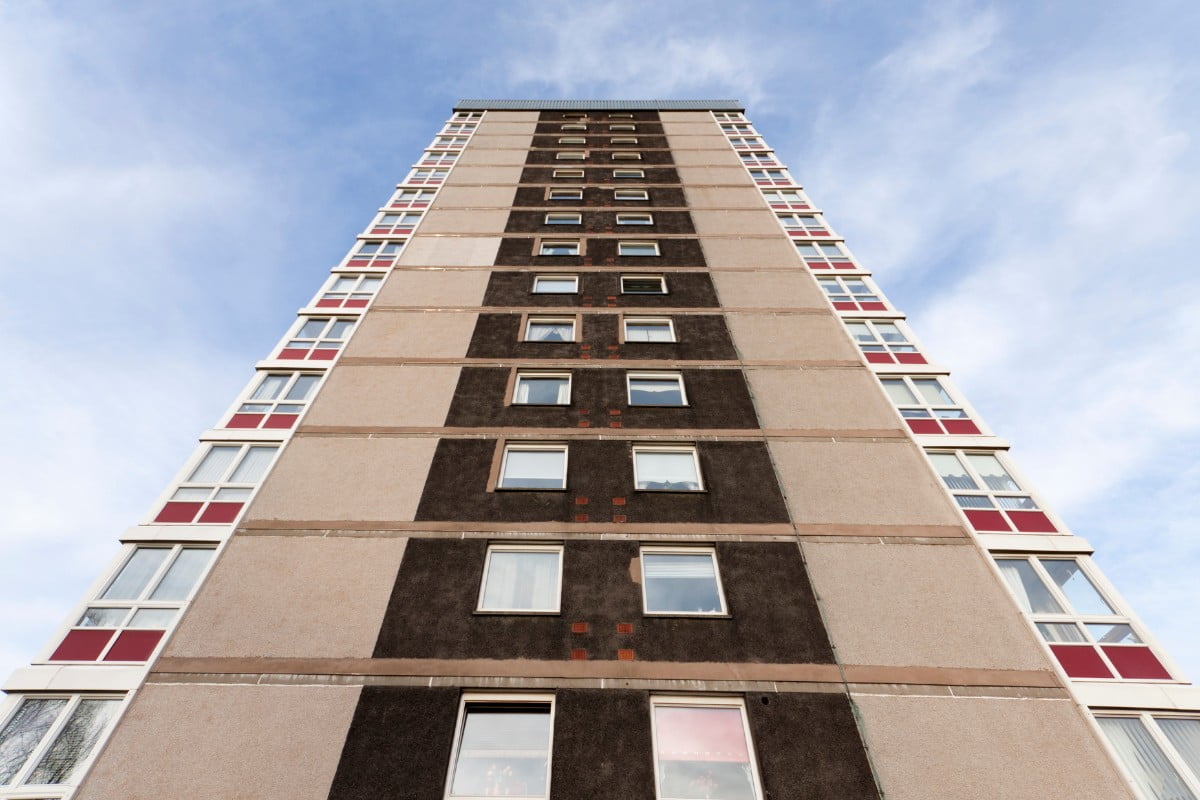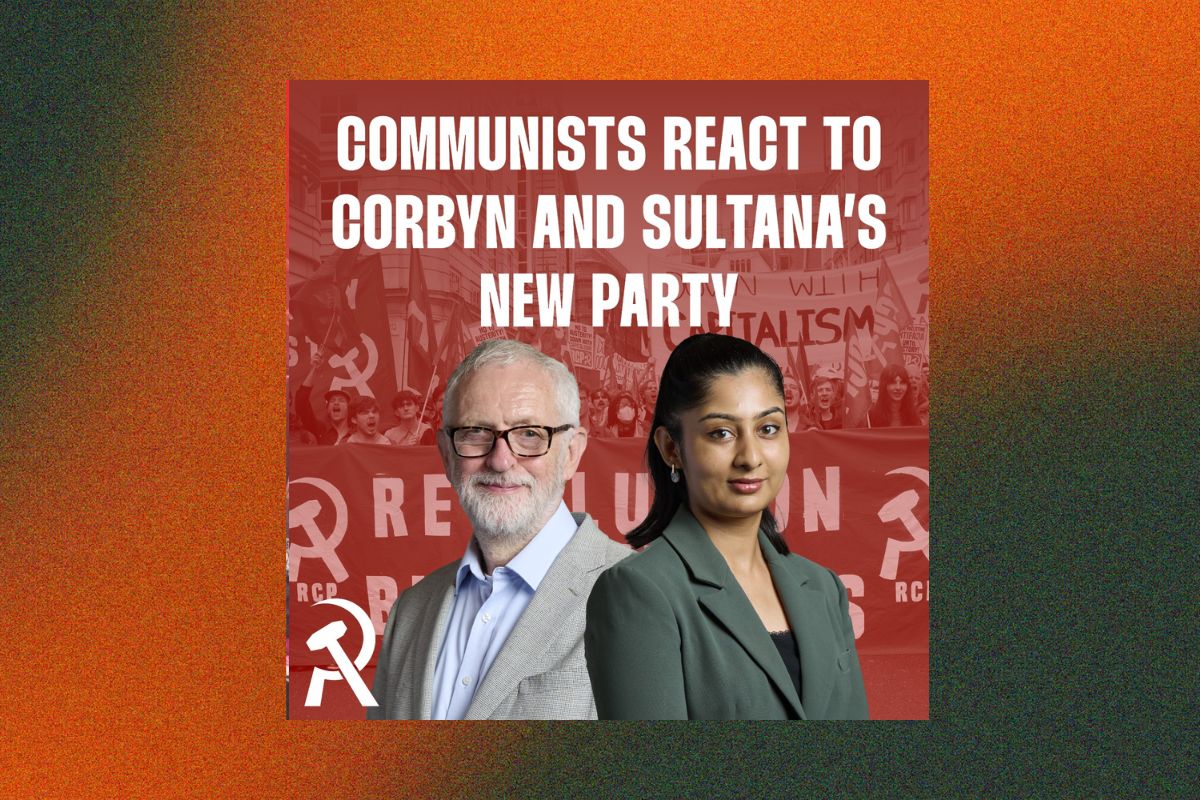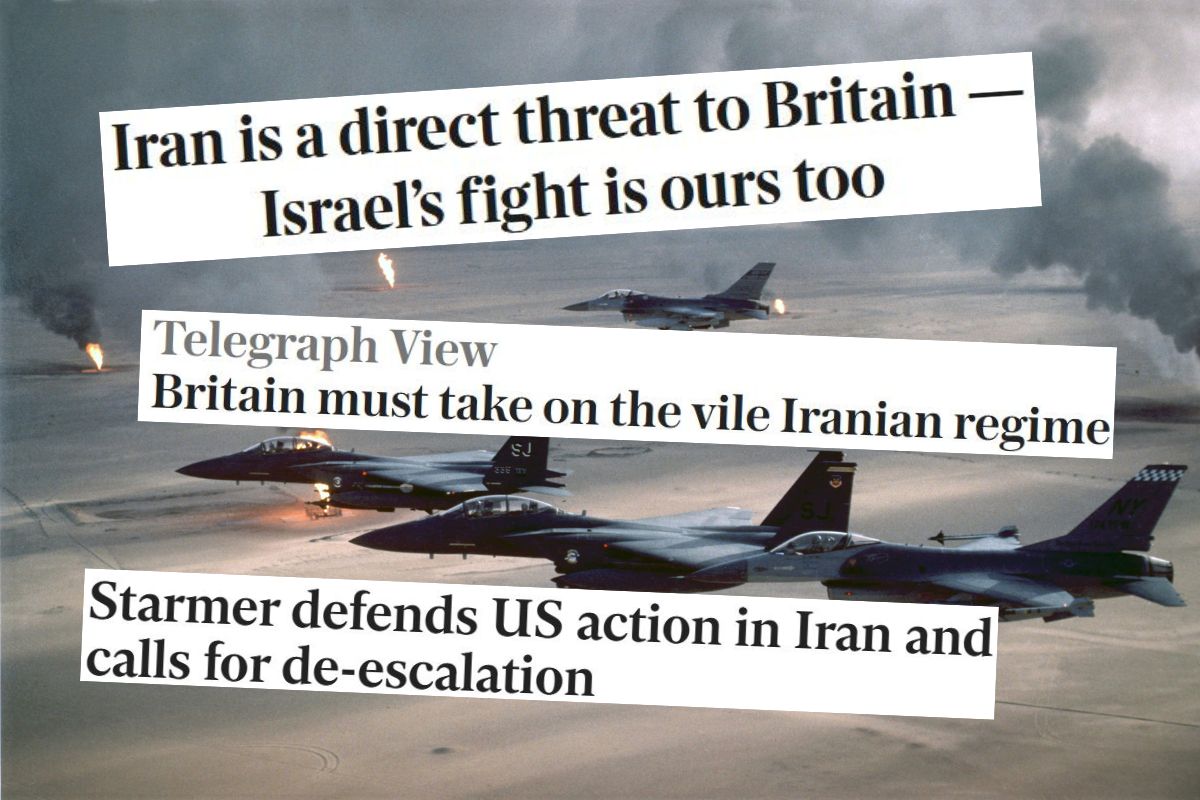A recent report by the Inspectorate of the Constabulary (HMIC) announced that public trust in the police has been severely shaken by the long list of scandals that have been revealed in recent months. Clearly someone at HMIC is being paid a large salary to say things that everybody else already knows. The working class has long recognised that the police is a pillar of the bourgeois state which is, in the last analysis, committed to defending the interests of the ruling class. What is remarkable is the frankness with which the establishment admits the loss of public confidence in the police. This reflects the weakness of the ruling class at a time when, more than ever, they require a strong state to attack the working class.
Scandals in the police
The revelations about the Stephen Lawrence investigation, the Orgreave scandal, the Hillsborough disaster, Mark Duggan’s murder, undercover officers in activist groups, spying on student activistsand Ian Tomlinson’s death at the G20 demonstrations, altogether make up a damning indictment against the police as an institution. These have also come at a time when the British establishment as a whole is being rocked by a stream of scandals, from MPs’ expenses and the phone hacking by The News of the World, to the cases of paedophilia at the BBC which, in some cases, have also involved police officers in cover-ups and failures to investigate allegations properly.
These police scandals reflect the contempt for the working class that is harboured by the bourgeoisie as a whole. They reveal the extent to which the police systematically works against working class methods of organisation, such as mass demonstrations and grassroots activism, and manufactures cover-ups when its anti-working class nature spills over into investigations and murders by the police. Although the recent scandals have highlighted this fact particularly clearly, the true nature of the police has long been recognised by the working class.
The nature of the police
In general, workers, whether consciously or unconsciously, can see that the police are not the guardians of an ideal and timeless morality or law, standing above society as an independent arbiter of truth and justice. In reality the institute of the police, as a part of the state, is a product of irreconcilable class antagonisms in society. Inevitably it reflects not truth and justice in the abstract, but the truth and justice of the ruling class. This is made clear in a general sense by the role of the police in enforcing laws – laws passed by governments that act in the interests of capitalism and in defence of bourgeois property relations. Indeed, nine tenths of the law relates to property, and the majority of police work is about enforcing the private property rights of the rich against the interests of the poor.
These scandals clearly prove that point, but many workers learned this lesson during the miners’ strike of 1984-85, an event that is fresh in the minds of a lot of people thanks to 2014 being the 30th anniversary of the strike. During the strike Thatcher used the police in the most brutal fashion to attack miners and their families. The images and reports of police officers’ unprovoked attacks on striking miners provide one of the clearest examples of the class interest represented by the police. The police role in that strike was not an independent one that sought to simply facilitate the strike action and keep the peace – it was used as a weapon of the bourgeois state to protect the interests of capitalism.
This is why the working class does not trust the police – because it represents a class interest diametrically opposed to their own. The recent scandals have brought this to the forefront of the consciousness of many workers and young people. This has rattled the ruling class.
It is noteworthy how the bourgeois press and commentators discuss this issue. Very little attention is paid to justifying or explaining the corrupt and brutal practices of the police, with all the focus being on the “unfortunate” loss of public trust. It is an unusual show of openness from the bourgeoisie, who do not try to deny that the police is corrupt, brutal and acting in the interests of the ruling class – all they are concerned about is how to make people trust this arm of the state again.
Their mistake is the assumption that most people have swallowed the line that these scandals are cases of a few “bad apples”, and that the police as an institution remains a paragon of virtue. This is a very foolish assumption to make, particularly at a time of heightened class struggle when the state is increasingly exposed as nothing more than an executive for managing the affairs of the bourgeoisie, and with plenty of recent examples from abroad demonstrating how the police are used against working class movements.
Ruling class rattled
The reason for their nervousness about public trust in the police is that the bourgeoisie is relying on a strong state to carry out its austerity programme. The lack of real economic recovery, high unemployment and vicious austerity is cutting away at the social base of the bourgeois state. The generalised hostility to politicians at the present time is a reflection of this, and the problem is being compounded by scandals that are rocking the British establishment as a whole.
The result has been increased activity on the student and industrial fronts, with enormous student demonstrations in 2010, a public sector general strike in 2011, and the largest TUC demonstration in history. Although the movement is currently in an ebb, it is clear to the more far-sighted bourgeois commentators that it will explode again in the near future on an even higher level. Faced with this prospect the ruling class will need a strong police force to control this unrest, from policing demonstrations and infiltrating working class organisations to physical repression of strikes and protests. This work is made much easier if the police are viewed as an independent peace-keeper, whereas if it is not trusted by the public, this can serve to escalate the class conflict rapidly.
Public opinion
The publication of this report by HMIC also highlights the fact that, while the bourgeoisie can identify some of the causes of public hostility to the police, they have no idea what the solution to this problem could be. They seem to think that just by telling people that the police is alright really, people will decide to trust it again. This is rather like expecting a mouse to trust a particularly hungry cat just because you tell it to. The day-to-day life of workers and youth has taught them the reality of the police and their opinions will not be swayed by the instructions of out of touch bourgeois politicians.
Ultimately this shows the limits of the bourgeoisie’s ability to control public opinion. Ideas and opinions are, in the final analysis, shaped by their conditions of existence, which means that shaping consciousness through the media can only go so far. For example, no matter how many times George Osborne tells us that the economic crisis is over and the Tories have sorted everything out, the majority of people are still experiencing falling living standards and it is this fact that will actually shape people’s opinions about the economy. The flood of media spin crashes against the wall of reality and makes little difference to people’s ideas in the grand scheme of things.
This is the same problem the bourgeoisie face with the question of public trust in the police. Heightened class struggle will expose the state and the police as defenders of the interests of the bourgeoisie. This is already obvious to many people and will become increasingly obvious in the next period, with Boris Johnson’s authorisation of the water cannon for the Met police an ominous sign of things to come. Faced with that material reality, all the pleas for the public to trust the police will fall upon deaf ears. This report by HMIC is a warning to the bourgeoisie of the serious problems they are going to face in the near future as the class struggle intensifies.
Police morale
The final dimension to this question is about the mood inside the police itself. Morale is low as a result of swingeing cuts and falling pay and conditions. The government is expecting the police to do more with less and attacking them in the process. This new report will only serve to dampen morale even further within the police.
This is equally dangerous for the ruling class who need a strong police force in order to carry out their cuts. The ‘Plebgate’ incident demonstrates just how far police/government relations are strained at the present time. Although organically a weapon of the ruling class, austerity is blunting that weapon more and more as time goes on.
Lenin explained that one of the conditions of a pre-revolutionary situation is that the ruling class can no longer govern society in the old way. A strong police force is a key part of the bourgeois state apparatus which, when undermined, leaves the ruling class in a weak position. The conclusions that the HMIC report draws are a harbinger of further crisis for the bourgeoisie and revolutionary developments in Britain.






